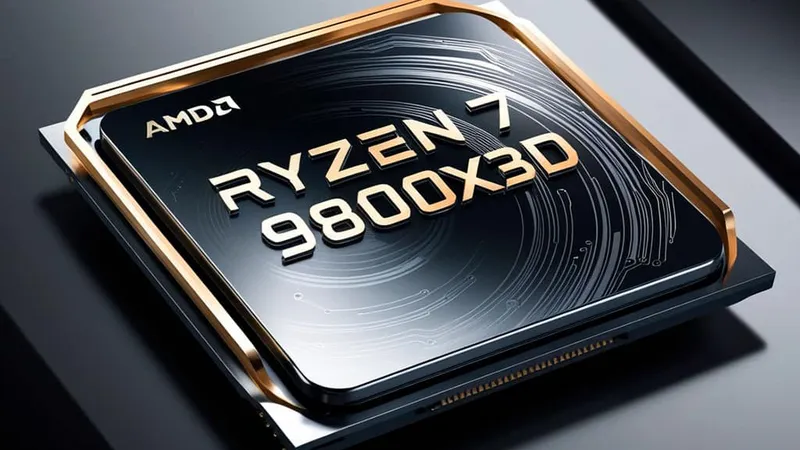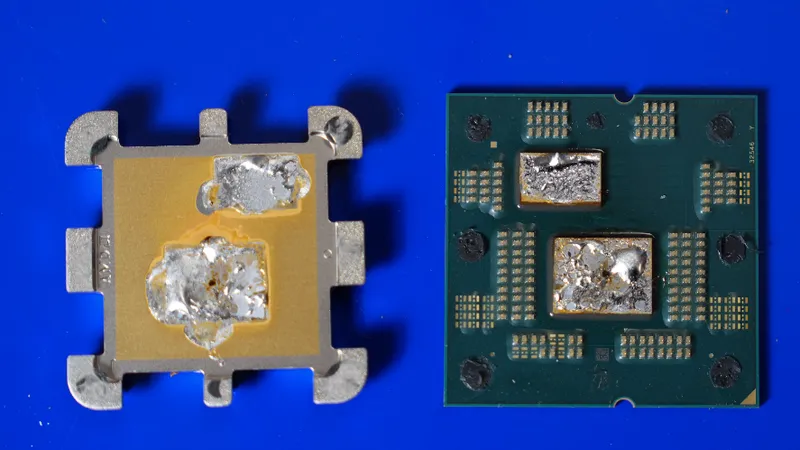One of the biggest criticisms levelled against the 7000-series Zen 4 AMD Ryzen processors on launch was the power consumption and heat generated, particularly by the initial higher-performance "X" versions: With out-of-the-box default settings, they had higher rated wattage and by design would boost as much as possible until they hit a 95C° threshold and then maintain that level.
A lot of the reviewers were not comfortable with this behaviour, and AMD garnered some criticism that they were perhaps following Intel's recent trend of significant increases in power and heat - although drastically less power-hungry and hot than Intel's, there was still a very noted increase over the remarkably efficient Zen 3. Those processors did have Eco Mode settings in BIOS, where users could turn the maximum power draw down several pre-set levels, leading to modestly lower performance but with significantly lower power & heat, and with increased efficiency. The non-X versions ended up recommended for being effectively the same processors but with Eco Mode enabled by default.
On the 9000-series Zen 5 release, AMD seemed to have taken the criticism to heart and flipped the script completely: The new processors are rated for lower power draw than their previous equivalents, but with only very negligible performance increases, if any, and of course the criticism this generation has been pointed at the apparent pointlessness of the new processors.
Now AMD seems to be now doing the inverse of the Zen 4 release, as they are preparing to release a BIOS update that is adding higher-power profiles for the 9000-series CPUs, potentially adding the 10% performance boost that many reviewers were asking for but at the cost of almost double the power draw.


